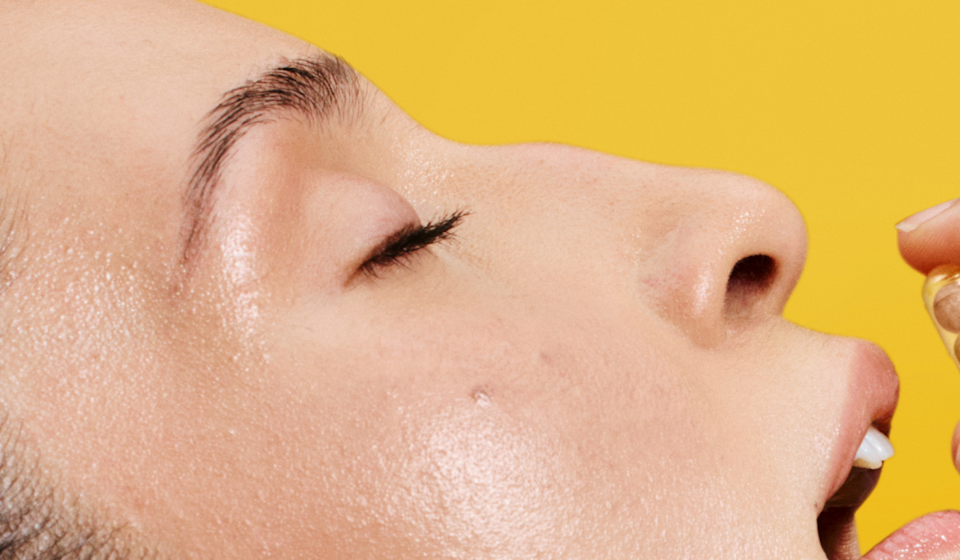Cortisol is often paired with stress because of the role it plays in our body’s physiological stress response. When faced with a stressor—whether it’s a job interview, a debate with a roommate, or fleeing from an ex in a parking lot—our body processes the information and responds, depending on the severity of the threat. Part of this stress response is the production of cortisol, which allows our bodies to remain on high alert while we deal with the stressor. (1)
What Does Cortisol Do in the Body?
Due to its role helping us manage our stress response, cortisol is actually incredibly important and helpful. It can help keep us safe (like noticing that incoming ex and helping us respond quickly to stealthily evacuate), it can help us manage high-stakes tasks (enhance our focus to crush that job interview), and more.
If cortisol had an elevator pitch for a job interview, it’d probably involve something about “wearing many hats.” And it is a critical factor in regulating our sleep-wake cycle, by lowering cortisol levels when it’s time for us to go to sleep at night, and increasing cortisol levels in the morning, when it’s time for us to wake up. (6) People with “normal” cortisol production can expect it to peak and fall around the same time every day, with an exception for those stressful situations when our body will produce extra cortisol to help us respond, or keep us safe. (1)
While cortisol can be helpful, an imbalance or dysregulation can have long-term adverse effects on our health. (5) So stress management, and taking steps to support our body’s cortisol response can be extremely important to our long-term health goals.
Breaking Down the Stress Response
So what actually happens in our bodies, when we fatefully lock eyes with our college ex in a parking lot, and cortisol comes coursing to the rescue?
Our nervous systems are broken down into the sympathetic nervous system which is responsible for our “fight or flight” response, and the parasympathetic nervous system, which control’s our body’s ability to relax (sometimes called our “rest and digest” response). In times of stress, our “fight or flight” response causes a cascade of hormonal and physiological responses. The amygdala, located in the temporal lobe of our brain, is responsible for processing fear, arousal, and emotional stimuli to determine the appropriate response to a stressor. (1) Which is how, if we have a regulated nervous system and stress response, we’ll react differently to a debate over the dishes with a roommate than to a legitimately scary intruder in our home.
The amygdala then sends a stress signal to the hypothalamus, another part of our brain located above the pituitary gland. The hypothalamus activates our “fight or flight” response, and our adrenal glands release a surge of hormones, such as epinephrine, which is responsible for the physical stress effects we feel such as increased heart rate, and faster breathing. If our body continues to perceive a threat, cortisol will be released to allow our body to continue to stay on high alert and react quickly to stress. (1)
Feeling Stressed Lately? We Made a Chill Pill For That
Ritual’s Stress Relief BioSeries™ is designed to help with relaxation while also supporting the body’s natural cortisol response. Our delayed-release capsule is made with cutting-edge technology. If taken in the morning, its release aligns with the natural release profile of cortisol in the body, with clinically-studied ingredients to promote positive mood, reduce stress, and support the body’s natural cortisol response.*
Stress management is a crucial but complicated challenge in today’s hot-button world. While tools such as mindfulness, exercise, sleep, and relaxing hobbies are invaluable, they can also be involved — sometimes adding to your already full plate. Our Stress Relief BioSeries™ is designed to provide a simple resource for a ready, steady, supported approach to each day.*










